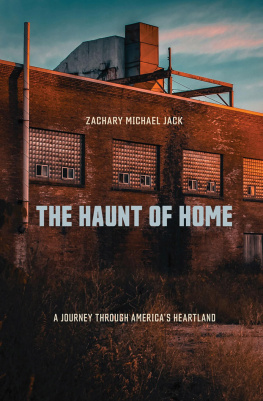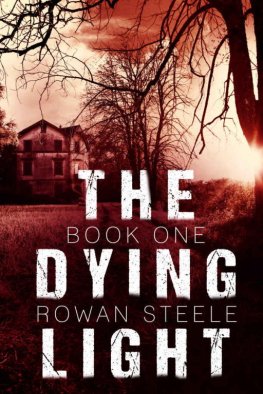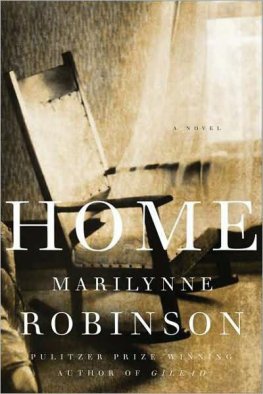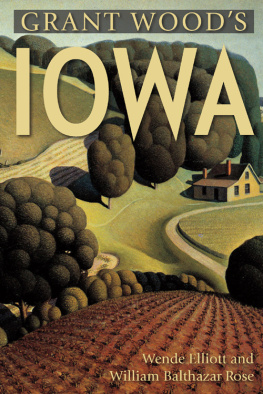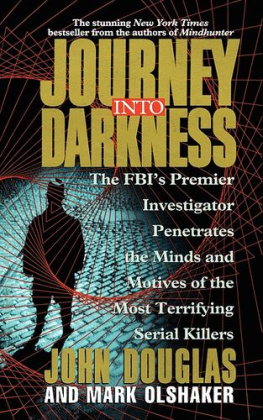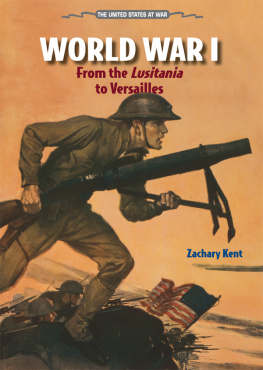1
L IFE IN S UNNIER C LIMES
The first of two auctions of our Midwest family farm occurred on March 3, 1987, one day before my moms thirty-seventh birthday. Mike has rented the farm and will pursue other interests, the oversized advertisement in the Cedar Rapids Gazette read. He is a perfectionist, and has been an innovator in ridge till and soil conservation for many years. His equipment is highly specialized, and not for everyone. However, if youre fussy about the equipment you own, you can buy with confidence at this sale. All the equipment is immaculately clean and well maintained. Feel free to stop by the farm prior to the sale and view this fine line!
By the time of the second auction, twenty-two years later, my father was downsizing further after the loss of both parents to cancer and his own failing health. This time the auction ad was smaller, belying the cataclysmic events happening in our long-grounded family. The Jack trust along with Michael Jack have selected Wears Auctioneering to conduct a public auction. The top item on the list, our immaculate John Deere 4720 tractor with loader had 440 hours on it but looked, the auctioneer avowed, like new.
Later that same fall I had an inkling that my father, who had auctioned many of his personal effects along with the farm equipment and had purchased a trailer to pull behind the pickup truck hed inherited from my grandfather, was bringing his own story, and ours, to what he always called its inevitable denouement. He had begun to divest himself of little thingseven the hand tools that our ancestors had used to wrest a living since before the Civil War.
Now he e-mails to say he will be leaving for the South before a predicted record cold snap insinuates itself into the uninsulated camper-trailer hes purchased with the auction proceeds. He wont say exactly where he is going, only that hell be making a beeline for the Mason-Dixon before the heavy snows set in. I have my bets on Florida, the place my grandparents took the family nearly every February from the time my father was old enough to ride a bicycle. Growing up I had heard countless stories of these dramatic overland trekshow magically lush Florida had been for a boy arriving from the frozen Midwest, how it felt like life after death. At times my fathers early enchantments, relayed to me vicariously a generation later, had grown so large in my mind as to become my own.
I realize as soon as I read his missive that Dads hastily planned trip in my grandfathers pickup truck represents his attempt to close up circles, to touch again the thing that had enthralled him as a child. Who among us wouldnt reach for such a peace if it were within our grasp? More than that I am convinced that this is to be his farewell tourhis swan song. A year earlier, deep in his cups, he had confessed that he was sick, that the same thing that got Grampycancerwas likewise getting him. I mustnt tell anyone, he warned me, if I wanted to keep his trust. There would be no hospital trips, no treatment plans. Did I understand?
What was I to make of this, the latest in a series of my fathers grave admissions; my mother had always insisted that my father was a hypochondriac, that he had claimed to be ill even in his twenties, in the early days of their marriage. Maybe it was his way of making other people care about him, she had theorized, or a behavior learned from his own fatalistic father, who famously declared each autumn that he would not live to see another harvest with the same morbid fascination cowboys contemplated their last roundup.
The future my father sketched out wasnt the conventional narrative farmers sons like me had been taught to expect since the time we were old enough to drive a tractor. The standard narrative went something more like this: Farm Father grows old gradually and cantankerously, doted on by loving family members despite his prideful protestations. To avoid becoming housebound in his old age Farm Father develops hobbiessmall engine repair or furniture refinishing in his workshop maybeand gradually turns the farm operation over to his son or daughter. Eventually and inevitably, a dread disease strikes him in his eightiescancer if the pattern holdsand he fights it gamely, Farm Son taking Farm Father in for radiation and chemo appointments in a long-overdue gesture of tenderness and care. Farm Father is buoyed at first by this familial show of support, by the powerful cocktail of drugs he receives at the hospital in the nearest high-tech metropolis, and by the passel of beautiful and healthy grandchildren arrived at his bedside to tell him how loved and needed he is. He fights the malignancy for months or for years, fights it tooth and nail until one day in December or Januarythe kind of day Farm Father hated in his previous life as a husband to the landhe succumbs, his tenure on earth a robust fourscore years or more in sum.
For us the narrative never applied. The key characters in what Dad always called our rural passion play had never assumed their prescribed positions. The dramatis personae needed to perform first the healing, followed by the rite of passage, had gone missingthe brothers-in-law had died, divorced, or else taken jobs in town. The son-in-law too, had been a casualty of divorce, and the farmers son, me, had been an inconstant and ill-prepared understudy. Still, I had stayed closeset up shop on my own small farm a handful of miles away, just across the county lineclose enough to step in when our already compromised narrative reached that inevitable denouement.

